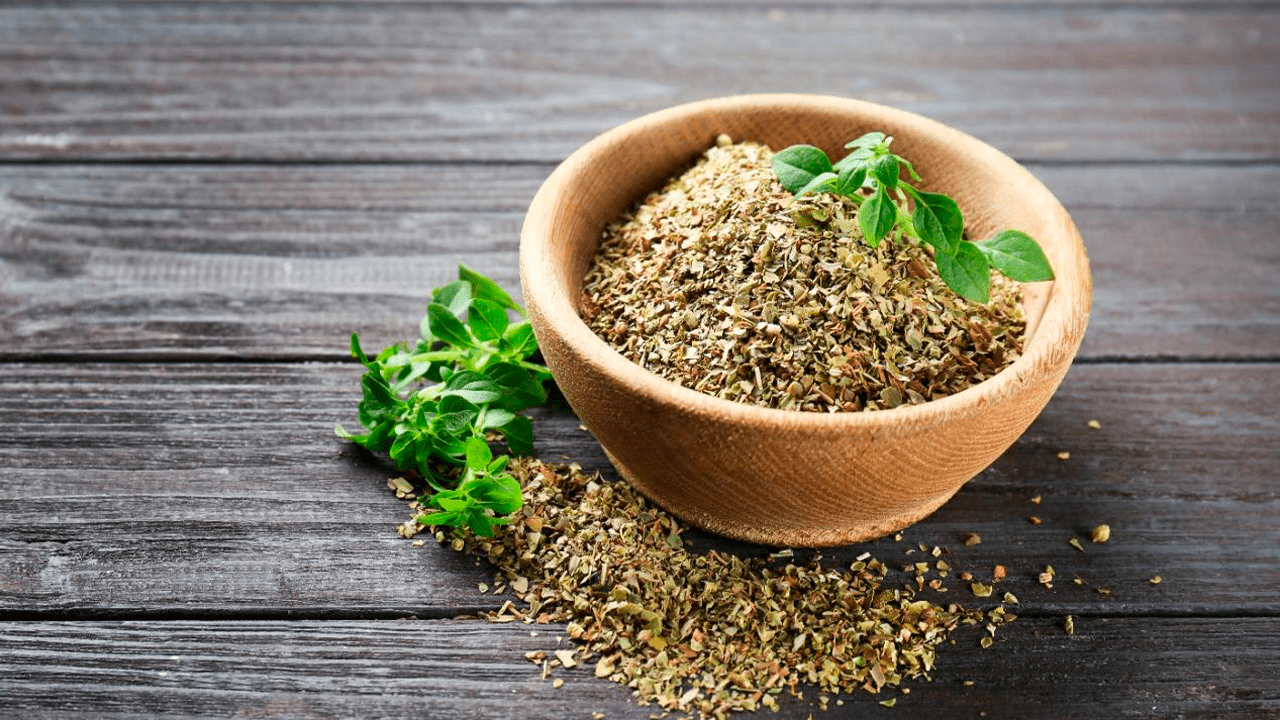Welcome, friends, to another post on our journey towards improved gut health. Today, we’re exploring an aspect of our diet that often gets overlooked in its potential to soothe and restore our gut: tea.
When it comes to leaky gut syndrome, dietary changes can have a significant impact. Amidst the usual recommendations of fiber-rich fruits, leafy greens, lean proteins, and healthy fats, we often forget about the power of a humble cup of tea.
Certain herbal teas are like a warm hug for your gut. They soothe, reduce inflammation, and promote a healthy environment where your gut can begin to repair itself. However, like with all things health-related, it’s important to remember that while these teas can provide some benefits, they are not a magic bullet solution. They should be part of a holistic approach to health that includes a balanced diet, regular physical activity, stress management, and consultation with a healthcare provider.
Here are a few teas that can support you in this healing journey:
1. Peppermint Tea: A natural way to relax your gastrointestinal tract and potentially reduce symptoms like bloating and stomach discomfort.
2. Chamomile Tea: With its calming properties, chamomile tea can help manage stress, a common trigger for gut issues, and also soothe inflammation in the gut.
3. Ginger Tea: A classic go-to for any digestive discomfort, ginger can help soothe the stomach and reduce inflammation.
4. Slippery Elm Tea: This unique tea is recognized for its ability to soothe the lining of the stomach and intestines and reduce irritation.
5. Licorice Root Tea: A potent soothing agent for the gastrointestinal tract, licorice root is often used for issues like stomach ulcers and heartburn. However, always use it under supervision as it can interact with certain medications and cause health issues if consumed in large amounts.
6. Turmeric Tea: Known for its anti-inflammatory properties, turmeric can be a great addition to your gut health routine.
Each of these teas brings a unique set of benefits to the table. Try integrating them into your daily routine as part of your comprehensive approach to managing leaky gut.








